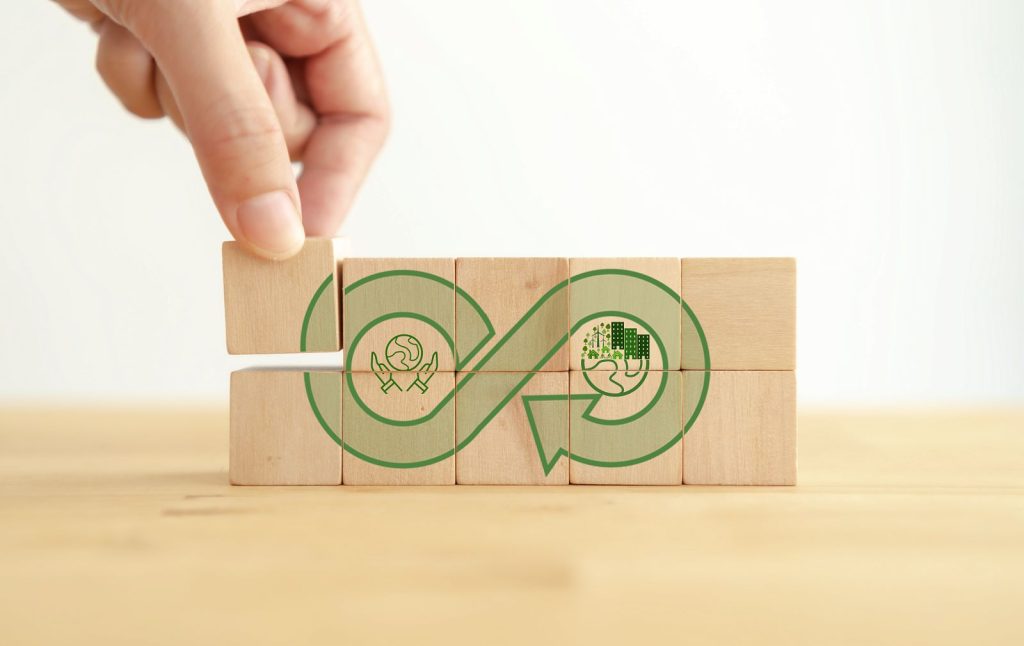
EECONE aims to create a European ecosystem for developing electronic systems and components with low environmental impacts, integrating a reduction of the electronic waste. Three CEA institutes—CEA-List, CEA-Leti, and CEALiten—are contributing, with a particular focus on design-assistance metrics.
Central to the initiative are two complementary strategies to address electronic waste that must be evaluated together: improving the environmental performance of electronic components and systems and ensuring their operational reliability over time.
To measure progress, the CEA has introduced two novel metrics. Eco-reliability is defined as the ratio between a system’s operational lifespan and a second metric, the System Earth-equivalent Time (SET). The SET represents the time required to regenerate or recover the resources consumed during the production and use of an electronic component or system.
The primary goal of the eco-reliability metric is to enable rapid comparison of different designs for the same electronic component or system. It can also be used to quickly compare the sustainability of various electronic products.